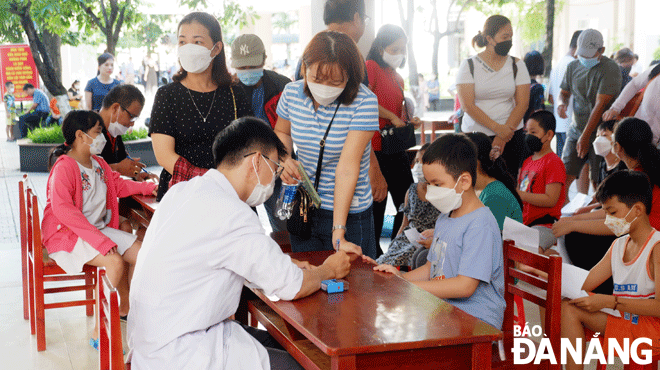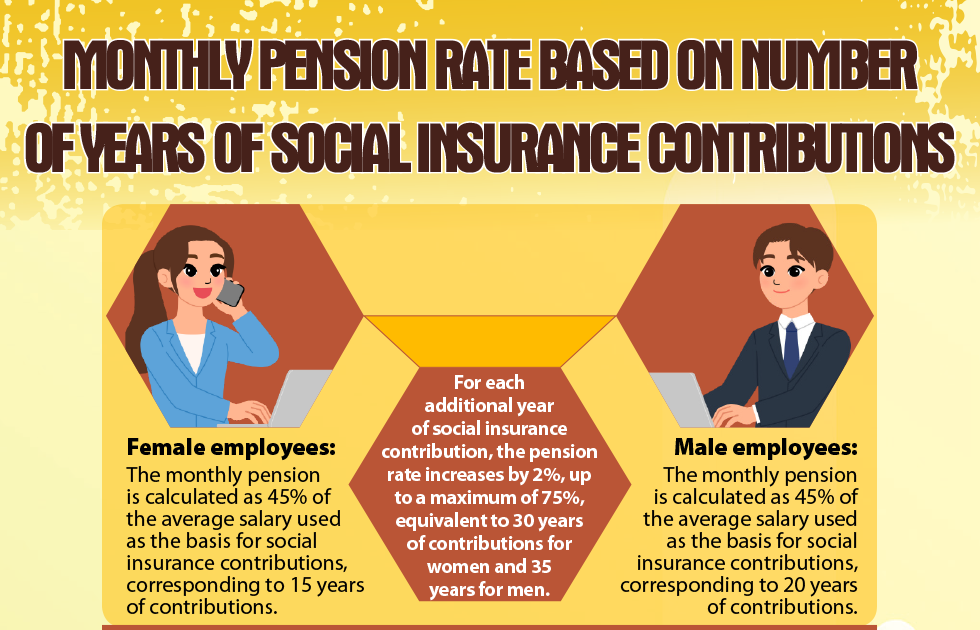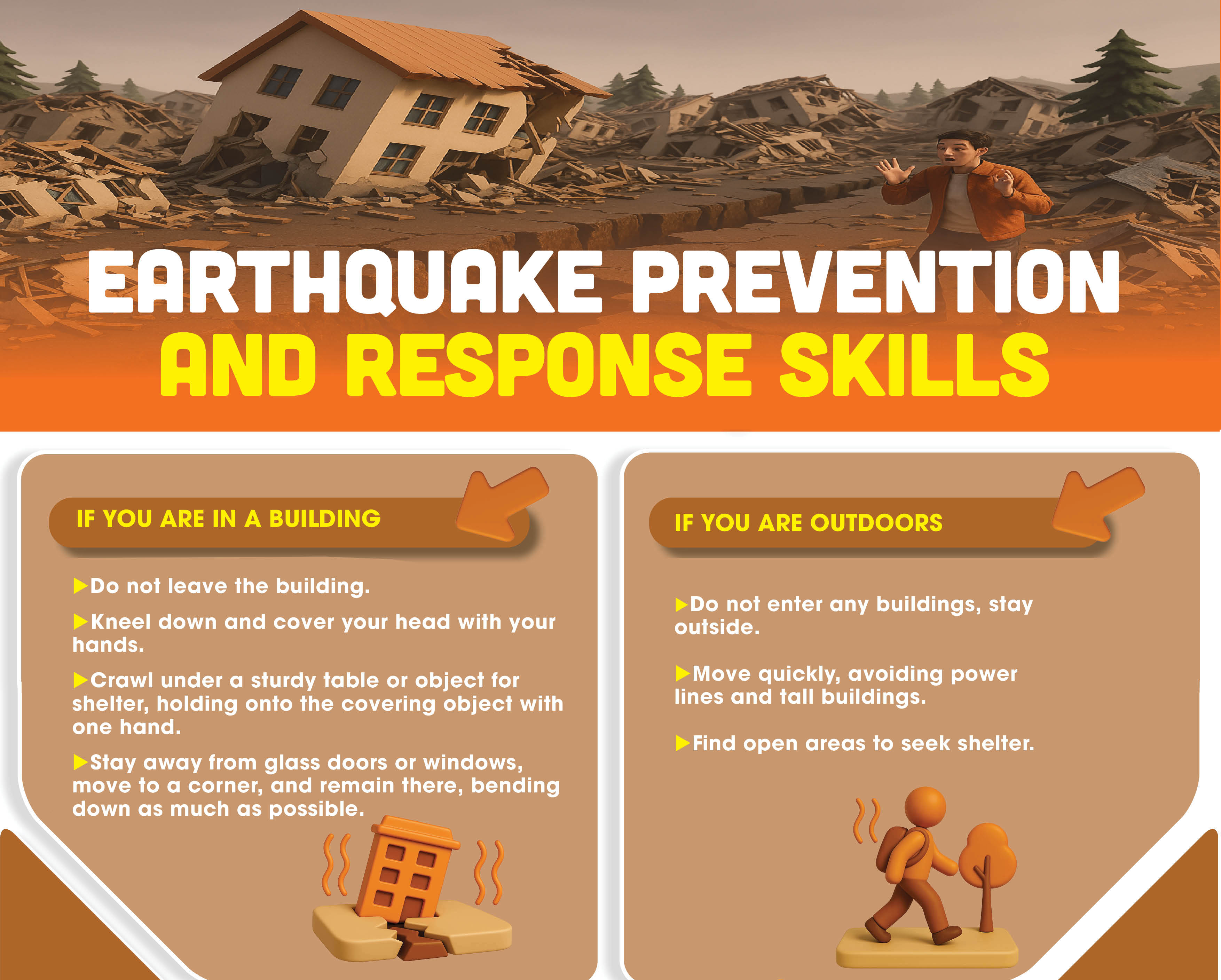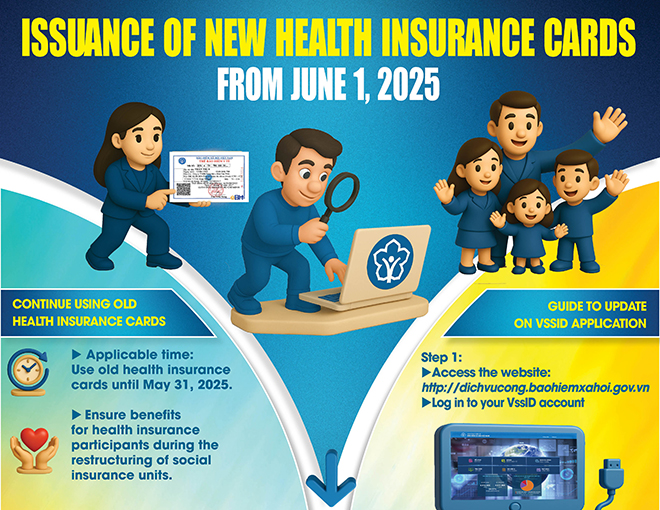Da Nang accelerates vaccination efforts to reach target populations
Due to the complicated and unpredictable developments of the COVID-19 pandemic in the country, and around the world as a whole, the Vietnamese Ministry of Health is urging nationwide localities to speed up their vaccination programme in order to meet the nation’s COVID-19 vaccination targets. Hence, Da Nang is accelerating COVID-19 vaccine deployment with a focus on increasing vaccination sites dedicated to each target population.
 |
| Da Nang continues to speed up the COVID-19 vaccination for target populations. IN THE PHOTO: A vaccination site is set up at the Tay Son Junior High School located in Hai Chau District to offer COVID-19 vaccines to school pupils. Photo: PHAN CHUNG |
Da Nang has just rolled out its COVID-19 vaccination programme for employees who are working at the Municipal Administration Center as a part of the city’s COVID-19 vaccination scheme which gives high priority to setting up vaccination sites dedicated to target specific groups. Previously, immunization campaigns had been launched across the city to reach all school pupils and teachers, hospital staff, industrial workers and other target groups.
According to Doctor Truong Van Trinh, the Deputy Director of the Da Nang Department of Health, till date, the rate of second booster coverage among people aged 18 and over in Da Nang has reached 52.67% while the rate of first booster coverage among young people aged 12 to 18 has reached 35.88%. Meanwhile, the rate of first dose coverage among children aged 5 to 11 in the city have achieved 63.29%.
Doctor Trinh highlighted huge efforts the health sector has made to reach all target populations by using different communication channels such as SMS text messages, the Da Nang Public Service Information Centre's switchboard (0236) 1022, and residential groups to keep them informed about their vaccination schedules. In addition, in its efforts to ensure timely access to vaccines for all school pupils, the health sector has worked with the municipal Departments of Education and Training, and Labour, Invalids and Social Affairs along with schools across the city to send vaccine appointment notifications to parents and guardians of children and young people.
However, recent days have seen a lower number of vaccine recipients, especially children, across the city’s vaccination centres compared to previous weeks. Currently, 40 to 50 vaccination sites are opening across the city while the number of healthcare professionals, healthcare support workers and administrators to join existing vaccination teams at these venues is higher than that of vaccine recipients, causing the waste of medical staff resources and facilities, said Doctor Trinh.
Vice Chairman of the City People's Committee Ngo Thi Kim Yen stated that the main cause of the city’s low vaccination coverage rate is subjective awareness of COVID-19 risk among local residents and ignorance of preventive measures by some people, including refusing vacinations. It is therefore recommended that the Da Nang Health Department and the municipal Department of Information and Communications embrace multicomponent and wide-ranging strategies to address COVID-19 vaccine hesitancy in the city. This includes enhancing trust among local residents by offering population-specific, target-driven, and effective and timely communication to all citizens about the safety and efficacy of the COVID-19 vaccine.
Mrs Yen remarked that accelerating COVID-19 vaccine deployment along with removing obstacles to increase coverage levels and protect those at high risk are the most important tasks for the city. Hence, the health sector was urged to closely work with authorities at local level and relevant agencies to educate local residents and build confidence around the COVID-19 vaccines in an attempt to shift the public mindset from vaccine concern to vaccine confidence as well as encourage public’s willingness to get a COVID-19 vaccine in line with the direction from the national government and the Ministry of Health.
|
Special working groups needed to encourage local residents to show willingness to receive the COVID-19 vaccine The Ministry of Health has urged authorities across the country to accelerate their COVID-19 vaccination campaigns in order to ensure effective implementation of guidelines of Viet Nam’s national government on COVID-19 prevention and control in which vaccines are considered the most effective means of controlling COVID-19. Special working groups which consist of representatives from authorities at local level, the health sector and relevant agencies must be set up in localities nationwide in an attempt to encourage eligible people to roll up their sleeves to get COVID-19 shots in a timely manner as vaccination is the safest and most effective way to protect them against severe illness or death from COVID-19 and it is powerful tool to control the pandemic. The importance must be attached to going door-to-door to encourage residents to get vaccinated against COVID-19. The heed must be paid to improving public acceptance and decrease vaccine hesitancy in confronting the disease in an attempt to encourage local residents to show their willingness to get their shots. |
Reporting by PHAN CHUNG – Translating by H.L








